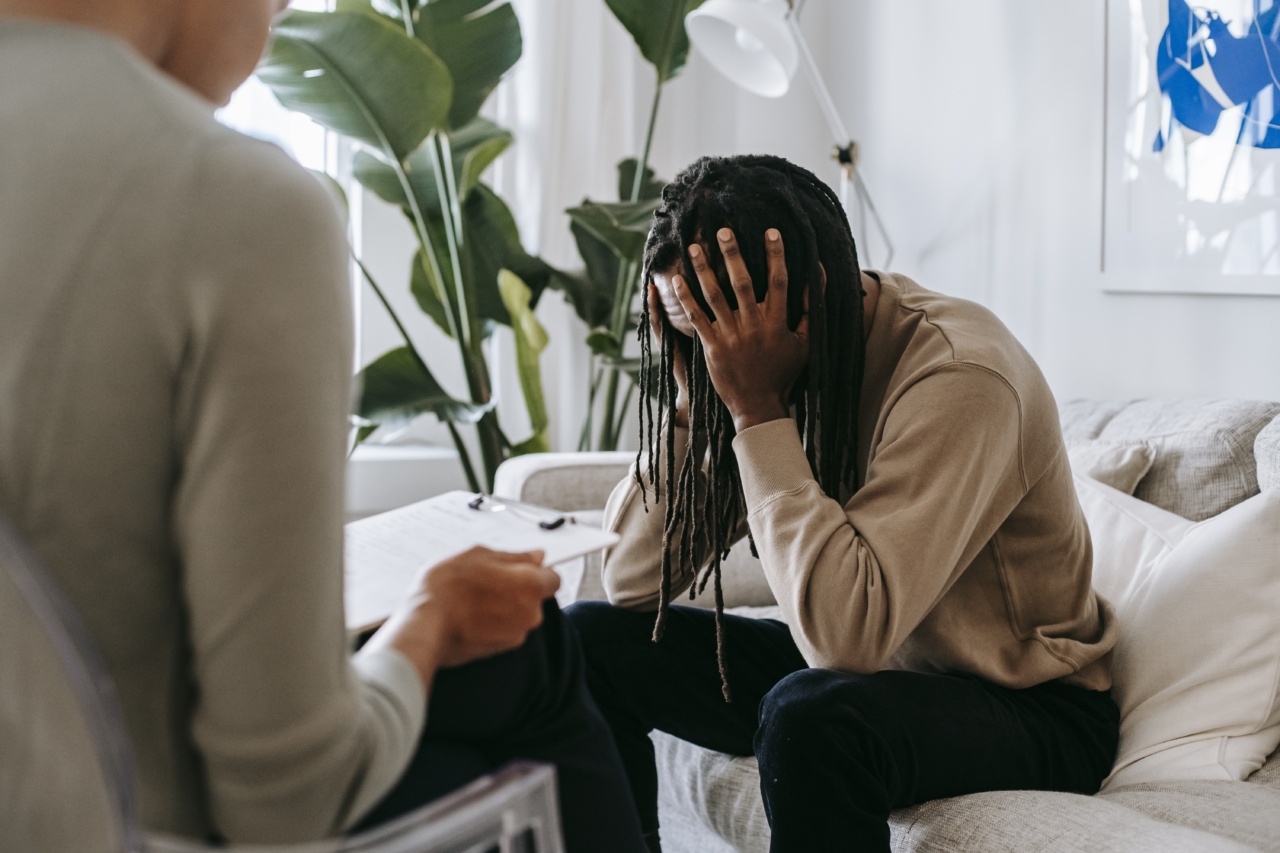Anxiety and sleep disorders are two common afflictions that affect millions of people worldwide. While anxiety can cause a range of physical and emotional symptoms, sleep disorders can lead to fatigue, irritability, and a lack of focus.
The good news is that there are effective strategies and solutions available for managing and alleviating both anxiety and sleep issues. In this article, we will explore various techniques and habits that can help you find relief and improve your overall well-being.
The Connection Between Anxiety and Sleep
Anxiety and sleep disorders often go hand in hand. Anxiety can make it difficult to fall asleep or stay asleep, leading to insomnia or disrupted sleep patterns.
On the other hand, a lack of quality sleep can worsen anxiety symptoms, creating a cycle of sleeplessness and heightened anxiety. It is important to address both anxiety and sleep issues simultaneously to effectively break this cycle and restore balance to your mental and physical health.
1. Establish a Bedtime Routine
Creating a consistent bedtime routine can signal to your body that it’s time to wind down and prepare for sleep.
This routine can include activities such as taking a warm bath, reading a book, or practicing relaxation techniques like deep breathing or meditation. Avoid engaging in stimulating activities, such as using electronic devices or consuming caffeine, close to your bedtime as they can interfere with your ability to fall asleep.
2. Practice Relaxation Techniques
Deep breathing exercises, progressive muscle relaxation, and guided imagery are effective relaxation techniques that can help calm both the mind and body.
These techniques can be especially helpful for individuals experiencing anxiety-related sleep disturbances. Incorporating them into your bedtime routine or practicing them throughout the day can reduce anxiety and promote better sleep.
3. Create a Sleep-Friendly Environment
The environment in which you sleep plays a crucial role in the quality of your sleep. Make sure your bedroom is cool, dark, and quiet. Consider investing in blackout curtains or a white noise machine if external factors disrupt your sleep.
Additionally, use a comfortable mattress, pillows, and bedding that support your body and provide a relaxing sleep experience.
4. Limit Exposure to Stimulants
Caffeine, nicotine, and alcohol are substances that can interfere with both sleep and anxiety levels. Limiting your consumption of these substances, especially in the evening, can help improve sleep quality and reduce anxiety symptoms.
Opt for herbal tea or decaffeinated alternatives as part of your evening routine instead.
5. Exercise Regularly
Engaging in regular physical exercise can help alleviate anxiety and promote better sleep. Exercise releases endorphins, which are natural mood boosters, and helps to tire your body, making it easier to fall asleep at night.
Aim for at least 30 minutes of moderate-intensity exercise during the day, but avoid exercising too close to bedtime as it may interfere with your ability to fall asleep.
6. Manage Stress
Chronic stress can contribute to both anxiety and sleep problems. Developing healthy coping mechanisms and stress management strategies is essential for promoting quality sleep and reducing anxiety.
Practice mindfulness, engage in hobbies, spend time with loved ones, or seek professional help through therapy or counseling to better manage stress in your life.
7. Cognitive Behavioral Therapy for Insomnia (CBTI)
Cognitive Behavioral Therapy for Insomnia, also known as CBTI, is a proven therapeutic technique designed to address the underlying causes of sleep disorders.
It focuses on changing negative thoughts and behaviors surrounding sleep and helps develop healthier sleep habits. CBTI has shown remarkable success in reducing insomnia symptoms and improving sleep quality.
8. Avoid Napping During the Day
If you struggle with falling asleep at night or experience disrupted sleep patterns, it is advisable to avoid daytime napping. Napping can interfere with your natural sleep-wake cycle, making it harder to fall asleep or stay asleep during the night.
If you must nap, limit it to short power naps of no more than 20 minutes and avoid napping too close to your bedtime.
9. Journaling and Worry Time
For individuals whose anxiety is triggered by racing thoughts or excessive worrying, journaling and setting aside designated “worry time” can be beneficial.
Spend a few minutes each day writing down your worries or anxieties to help clear your mind before sleep. Using this technique helps prevent your mind from racing and allows you to focus on relaxation instead.
10. Seek Professional Help
If your anxiety or sleep disturbances persist and significantly impact your daily life, it is important to seek professional help.
A healthcare professional or mental health specialist can provide a thorough assessment and develop a personalized treatment plan tailored to your specific needs. They may recommend medication, therapy, or a combination of both to manage your anxiety and improve your sleep quality.































